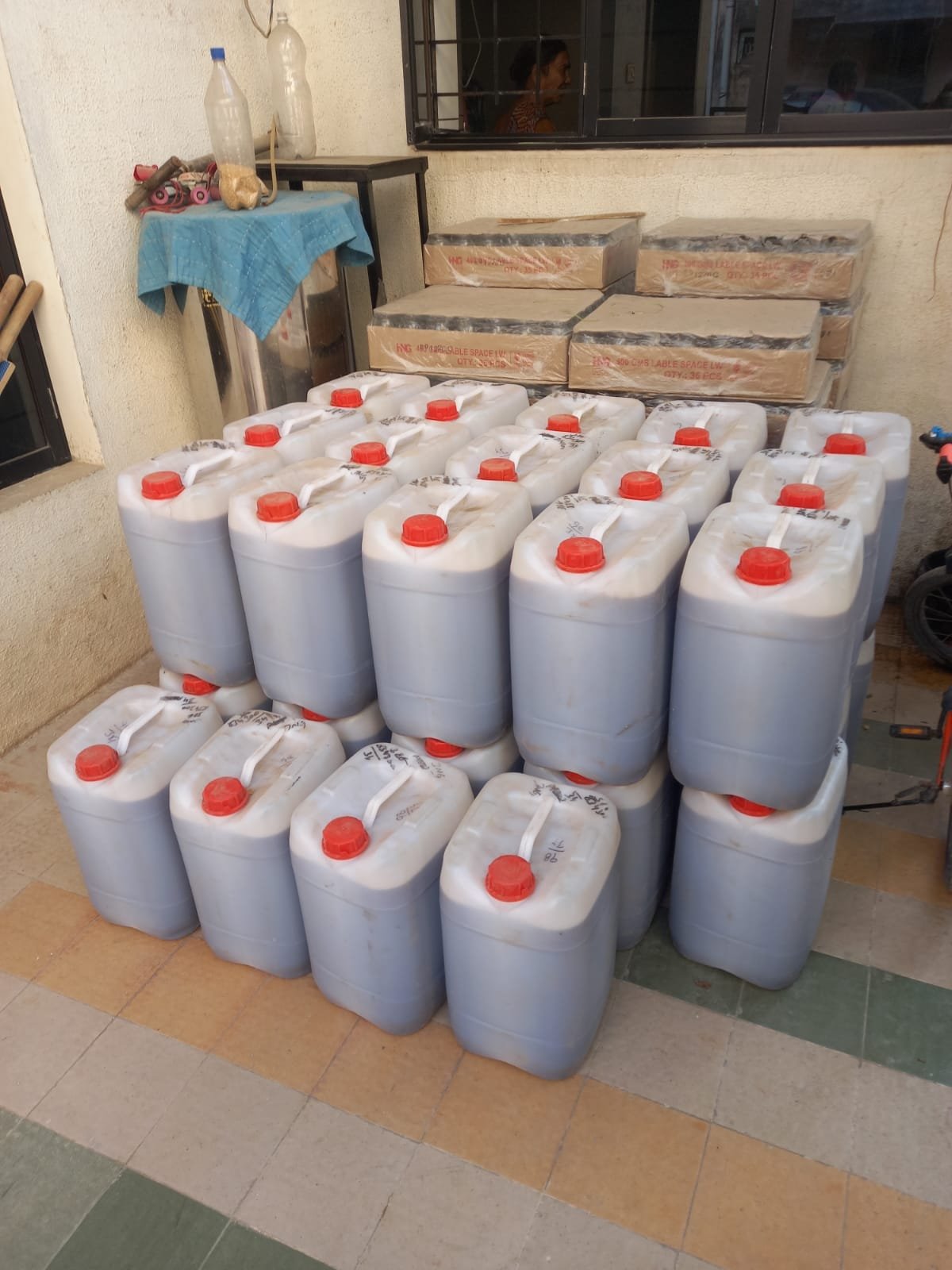Raw honey is a natural sweet substance produced by honeybees from the nectar of flowers. It is distinct from processed honey in that it is not heated or filtered extensively, preserving its natural flavors, enzymes, vitamins, and minerals. Here are some key characteristics and benefits of raw honey:
- Unprocessed: Raw honey is not subjected to significant heating or filtration processes, unlike commercial honey. This means it retains more of its natural nutrients and enzymes.
- Natural Flavors: Raw honey often retains the flavors and aromas of the flowers from which the bees collected the nectar. Different types of raw honey, such as wildflower honey or clover honey, may have distinct flavor profiles based on the floral sources.
- Enzymes and Nutrients: Raw honey contains enzymes and nutrients that may be lost during processing. These include antioxidants, vitamins (such as vitamin C and B vitamins), minerals (such as calcium, potassium, and magnesium), and trace elements.
- Antimicrobial Properties: Raw honey has natural antimicrobial properties due to its low pH, high sugar content, and the presence of hydrogen peroxide-producing enzymes. It has been used traditionally for wound healing and as a natural remedy for sore throats and coughs.
- Pollination Support: Purchasing raw honey from local beekeepers supports beekeeping practices and helps sustain honeybee populations, which play a crucial role in pollinating crops and maintaining ecosystem health.
- Potential Allergen Benefits: Some people believe that consuming raw honey from local sources may help alleviate seasonal allergies, as it may contain trace amounts of local pollen that can desensitize the body to allergens.
- Crystalization: Raw honey tends to crystallize over time, forming granules or crystals. This is a natural process and does not affect the quality or taste of the honey. Crystallized honey can be liquefied by gently heating it in a warm water bath.
It’s important to note that raw honey may not be suitable for infants under the age of one year due to the risk of botulism. Additionally, individuals with allergies to bee products should exercise caution when consuming honey.
When purchasing raw honey, it’s advisable to source it from reputable beekeepers or local farmers’ markets to ensure quality and authenticity. Raw honey should be stored in a cool, dry place away from direct sunlight to preserve its flavor and nutritional properties.






Reviews
There are no reviews yet.